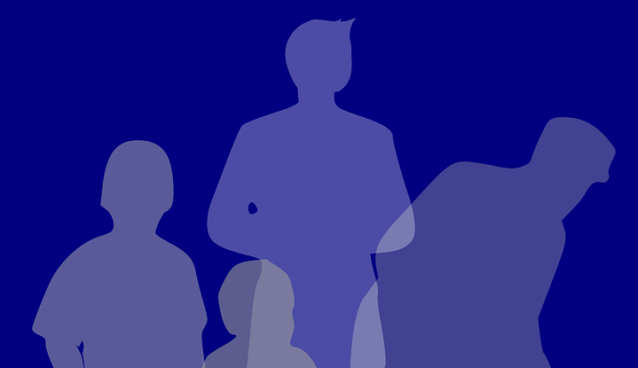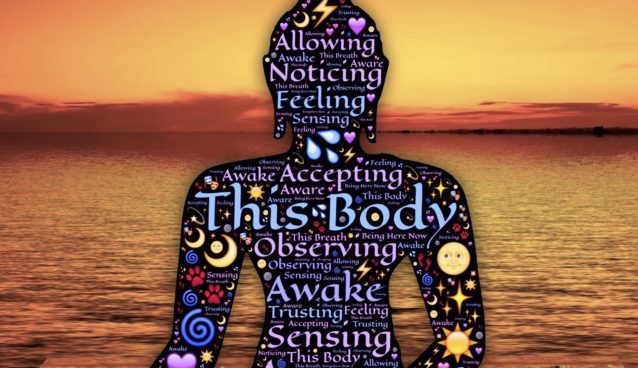G.H.Mead’s Theory of Socialization

Table of Contents
Introduction
At the time of birth, human infant is just a biological organism with only animal needs, desires and impulses. He knows nothing about what we call society or social behaviour. As it grows, under the careful guidance of mother it learns to control bowel movements and regular hunger. Through his innate capacity he learns and communicate.
Through education, society imparts its knowledge, skill, values and behavioural patterns to its younger generations. These processes together constitutes socialization of a child.
Socialization : Meaning & Concept
The process of learning to internalize the values and norms into itself or the mode of learning to live in society is called the process of socialization.
To internalize is to imbibe so deeply that it becomes a part of the individual’s behaviour and personality.
Human child has an innate capacity to learn and communicate. Gradually child learns the group-defined ways of behaviour. It is human company initially in the form of a family and later other social institutions like peer group, school, community etc. educate the human child to be a responsible and useful member of society.
Socialization is a life-long process of inculcation whereby an individual learns the principles, values and symbols of the social system in which an individual participants and the expression of those values and norms in the roles he intact.
You may go through all topics of Socialization here Check Out !!!
Mead’s Theory of Socialization
George Herbert Mead explains socialization in the light of resulting ‘acts’ of individual’s consciousness.
Basic Assumptions
Mead’s theory of socialization is based on two assumption :-
(i) The biological frailty of human organisms force their co-operation with each other in the group context in order to survive.
(ii) Those actions within and among human organisms that facilitate their co-operation, ensure their survival.
Symbolism
According to Mead, the individual mind and self arises out of social process. The development of the individual’s self and his self-consciousness within the field of his experience is pre-eminently social.
Mead recognized that the unique feature of human mind is its capacity to use symbols or language to designate objects in the environment. The focus of Mead’s theory is on how this capacity first develops in infant.
According to Mead, the communicational process involves two phases : –
- the conversation of gestures, and
- language or the conversation of significant gestures.
Both phases presuppose a social context within which two or more individuals are in interaction with one another.
Mead recognised that the unique feature of human mind is its capacity to use symbols or language to designate objects in the environment.
According to Mead, mind arises out of a selective process in which an infants’ initial wide range of random gestures are narrowed to some gestures which elicit favourable reaction from parents. Gradually, gestures begin to denote same meaning to all the persons interacting with each other. These gestures that have such common meaning are termed as ‘conventional gestures’.
These conventional gestures increases the capacity of infant to adjust to one another. Next the infant put himself in another place or ‘take the role of others’ which in turn increases the co-opertive interaction.
When an infant develops the capacity to understand conventional gestures and employs gestures to take the role of others, in that case, we can say, the infant has ‘mind’.
Development of ‘Self’
Mead emphasises the development of ‘Self’ for the proper socialization of individuals
Mead broken down ‘Self’ into two components or phases – I & Me
The ‘I’ represents the part of the self that acts on its own initiative or responds to the organised attitude of others.
The ‘Me’ represents the part of the self in which one recognises the organised set of attitudes of others towards the self. It is who we are in other’s eyes – our roles, our personalities, our public persona.
Stages of Development
According to Mead, there are three stages in the development of self –
- Play Stage
- Game Stage
- Generalized Other
During Play Stage, Children begin to imitate and take on roles that another person might have. The child identifies the role of particular others such as father, mother etc.
During Game Stage, by virtue of biological maturation and practice at role taking, organism becomes capable of taking the role of several others. During this stage, the child derive multiple Self-images from and to co-operate with a group of individuals engaged in some coordinated activity. The children learn to consider several specific roles at the same time and how those roles interact with each other. They learn to understand interactions involving different people with variety of purposes. The child identified and understood the roles of others.
In this process, ‘I’ converts to ‘Me’. This conversion of ‘I’ to ‘Me’ signifies the socialization of the child.
The final stage, Role of Generalized Other, children develop, understand and learn the ‘community of attitudes’ evident in the society. At this stage, individuals are seen as capable of assuming the overall perspective of a community or general beliefs, values and norms.
By this stage of development, an individual is able to internalize how he/she is viewed, not simply from the perspective of Specific Others, but also from the perspective of the generalized other or ‘Organised Community’. Being able to guide one’s actions according to the attitudes of the generalised other provides the basis of having a ‘Self’ in the sociological sense.
Check out related topic : Child Development Stages by Age
Interdependence of Individual and Society
According to Mead, the individual and society are inseparable. Society represents the organised interactions among diverse individuals. Thus the individual creates social environment. On the other hand, society makes individual as human being. The ‘Self’ of the individual develops from interactions with others in the society.
This interdependence of an individual and society is based on communications which is based on symbols with shared meanings.
Processing of Socialization
The child is socialized by several social agencies or institutions in which he or she participates, viz, his/her family, school, peer group, neighbourhood etc.
Role of Family
The family is the smallest unit of society and represents it in all respects. It is locus of early socialization or the internalization of basic values of culture because the child is most exposed in a family for longest time.
The family is the source of internalization of the basic cultural vocabulary of the child. The learning of roles in the family takes place with affective orientation of the parents towards the child. Parents and siblings as role models invoke less anxiety because the family situation offers security to the child. Learning of roles, skills, language, tolerance can be learnt under the guidance of elder members of the family.
Role of School
Using Mead’s Theory od Socialization in school, we can make groups of students of heterogeneous learning levels and abilities, the peer interactions among students becomes significant which helps students with learning difficulties and disabilities become incorporated into the class room activity. Then these children’s “me” starts to incorporate positive feedback because of what they can do and the fact that others are aware of it.
Teacher’s behaviour should be exemplary before the learners. The teacher’s behaviour should be of demonstrative and social nature in the most exemplary way so as to make it possible for the learners to learn and imbibe such behaviour by imitating the ways of the teacher.
Other major theories of socialization will be discussed in separate column :-
- Cooley’s Theory of Socialization
- Freud’s Psychoanalytic Theory of Socialization



